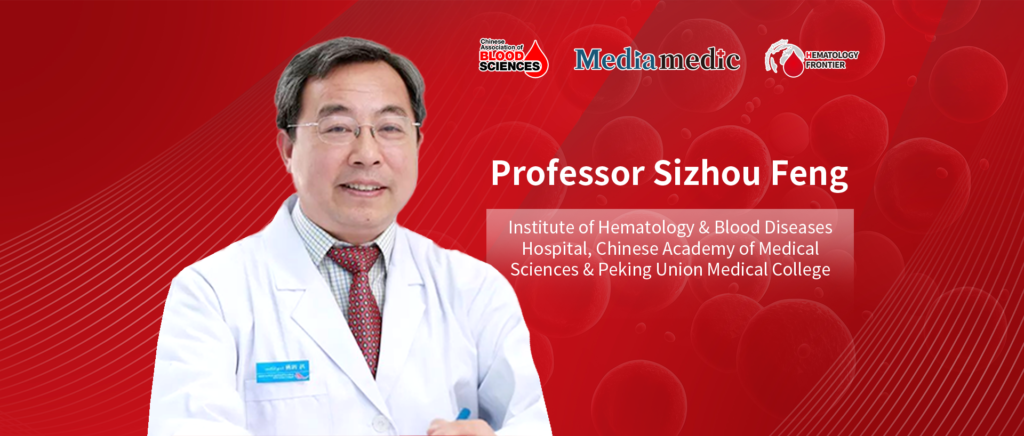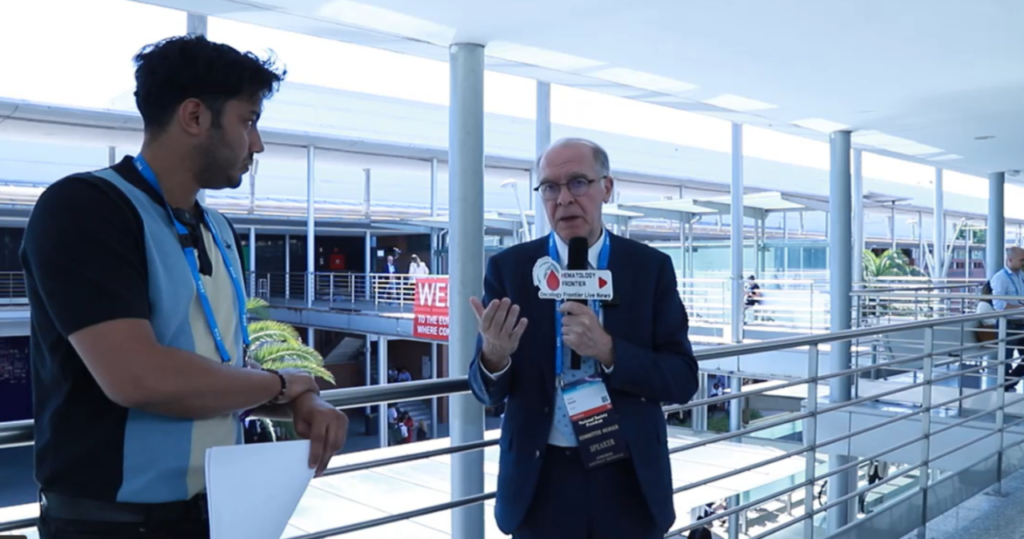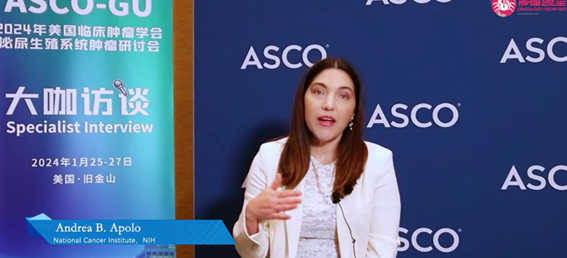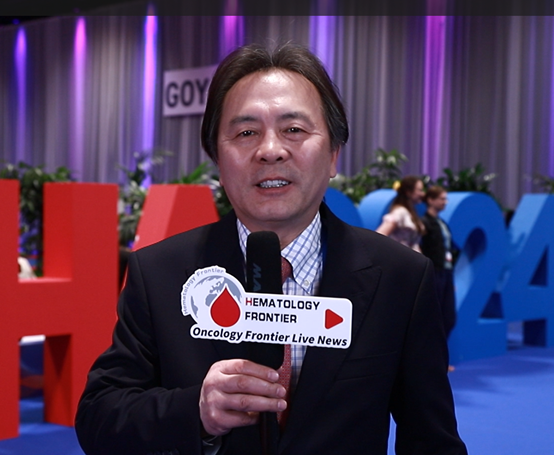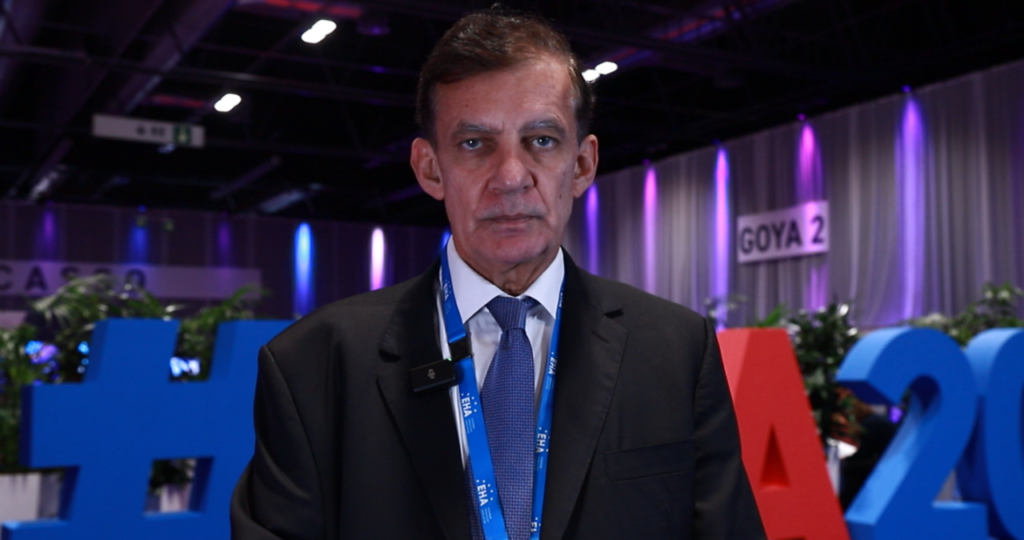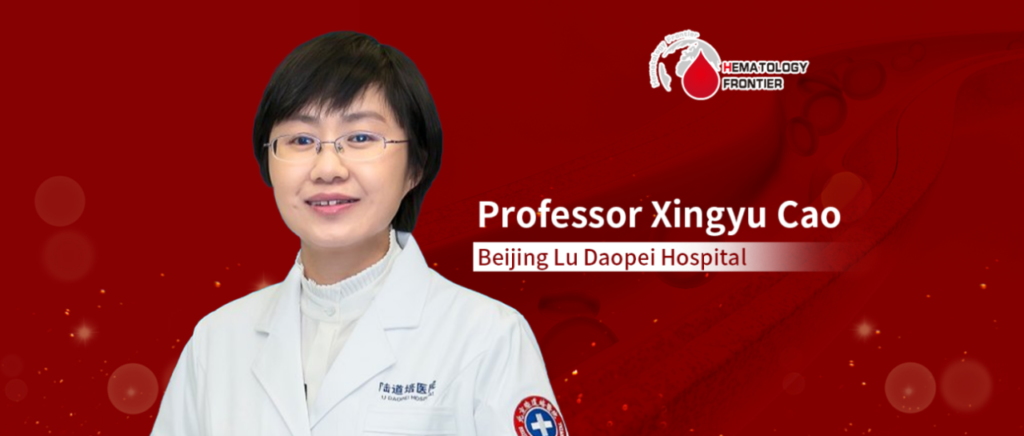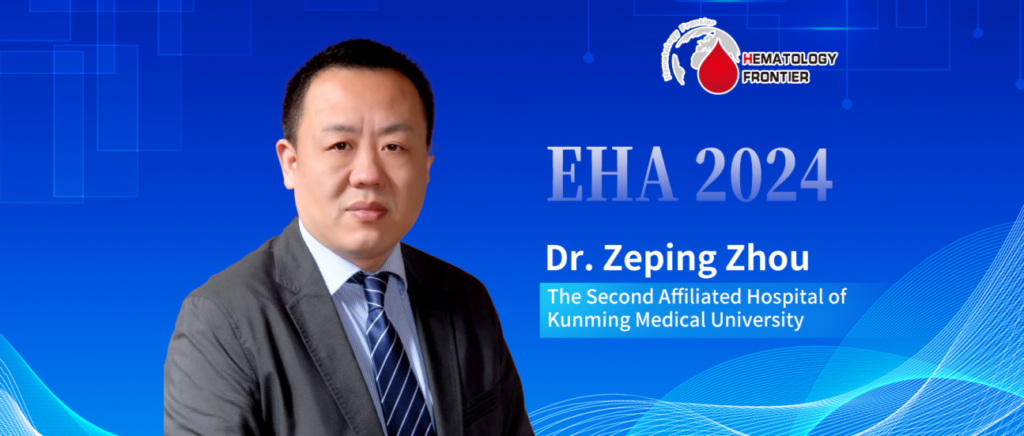Acute Myeloid Leukemia Relapse after Allogeneic Hematopoietic Stem Cell Transplantation presenting as pericardial effusion
In the evolving field of hematology and oncology, addressing acute myeloid leukemia (AML) relapse after allogeneic hematopoietic stem cell transplantation (HSCT) is crucial. A recent study highlighting AML relapse as pericardial effusion marks significant progress in this area. Led by Professor Sizhou Feng from the Institute of Hematology & Blood Diseases Hospital, Chinese Academy of Medical Sciences & Peking Union Medical College, this research underscores innovative diagnostic and therapeutic strategies.

